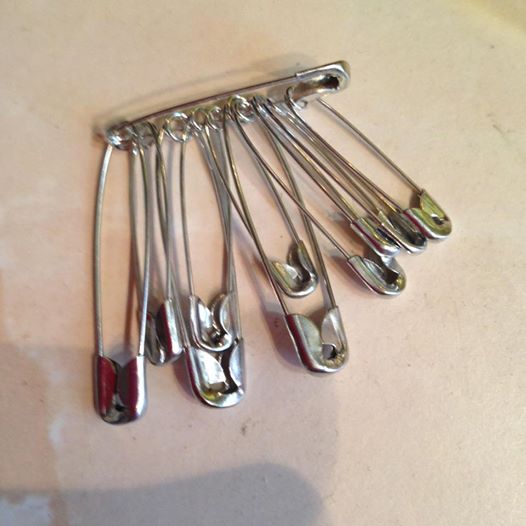How to have healthy elders
It seems to be a tendency in much of contemporary culture, including the Pagan movement, to put people on pedestals and hero-worship them, and when we discover that they are flawed human beings like the rest of us, to knock them off their pedestal and dismiss every good thing they ever did.
Sure, a genuinely wise elder is a pleasure to learn from and to be around, but that doesn’t mean the rest of us should put them on a pedestal and assume that they can never do anything bad. This encourages them to avoid seeing their own issues and to assume that they can do no wrong. That is dangerous because then they have too much power, and also means that when they do something wrong, it is hard for anyone to challenge it, knowing that the person will be completely knocked off their pedestal, instead of just taken down a peg or two. It means that people are less willing to believe that a community leader could have done something bad.

It means that calling someone out for a bad thing they did whilst acknowledging the good stuff they did becomes harder and harder to do. The more we think in this binary either/or way, the harder it becomes to see nuance and put things in perspective. But, in order to progress as a movement (and for society in general to progress), we need to be able to challenge bad behaviour, and to set boundaries to prevent it, without dismissing the person completely. Obviously some behaviours are so terrible that they are grounds for ejection from the community. I’m talking about one-off instances of bad behaviour, not a string of repeat offences. When someone repeatedly behaves badly, then it is time to call them out.
Surely the answer, then, is to be more realistic in the way we treat elders. Loved and respected for their wisdom and/or their contributions to the community, yes. Put up on a pedestal and assumed never to do anything wrong, and therefore not held accountable for their actions, no. Ejected into the outer darkness for the slightest transgression, no. The higher we put them on those pedestals, the harder they fall. The answer? Don’t put them up so high in the first place.
The only reason that people get to be leaders in the first place is because others give them power, and because they have some quality that makes them leadership material – knowledge, or wisdom, or charisma, or the ability to make others feel safe. All of those are worthwhile and valuable qualities, and a good leader or teacher or elder has those qualities: that does not mean that he or she should be ruling their group with a rod of iron. A good teacher empowers others to develop those qualities.
It is also noticeable that many Pagan leaders have ended up suffering from spiritual burnout from taking on far too much work. This is perhaps because people have seen the high cost of leadership (the flak that leaders get for sticking their head above the parapet) and don’t want to go there. I think that a shift to a less binary way of looking at leaders and elders would help with this issue too.
We are generally quite an egalitarian movement – but the shadow side of that is wanting to knock people off their pedestals if we think they have got too big for their boots. But if we remembered that they are just flawed human beings like us, and didn’t elevate them so high, then they wouldn’t fall so hard.
















